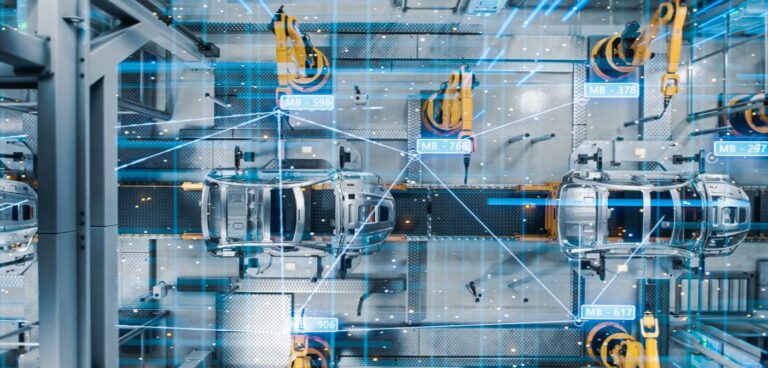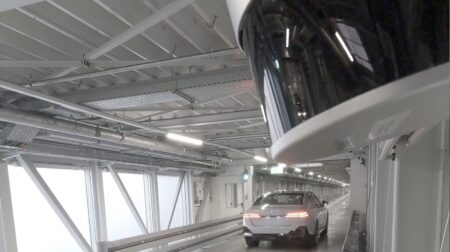The International Federation of Robotics (IFR) has announced that the automotive industry has the largest number of robots working in factories around the world, with operation stock hitting a new record of one million units.
According to IFR, this represents about one third of the total number installed across all industries.
“The automotive industry effectively invented automated manufacturing,” said Marina Bill, president of the International Federation of Robotics.
“Today, robots are playing a vital role in enabling this industry’s transition from combustion engines to electric power. Robotic automation helps car manufacturers manage the wholesale changes to long-established manufacturing methods and technologies.”
What’s more, robot density can also be used as a marker for the level of automation across the best ranking economies for car production. For example, in the Republic of Korea, 2,867 industrial robots per 10,000 employees were in operation in 2021, with Germany coming in second place with 1,500 units, followed by the United States counting 1,457 units and Japan with 1,422 units per 10,000 workers.
China is the world’s largest automotive manufacturer but only has a density of 772 units.
However, the IFR claims it is catching up fast. Within a year, new robot installations in the Chinese automotive industry have nearly doubled to 61,598 units in 2021, which accounts for 52% of the total 119,405 units installed in factories globally that year.
The IFR points to ambitious targets around the adoption and production of electric vehicles as motivations for the increasing investment in robotics and automation in the automotive industry.
Other key trends the industry body highlighted were a growing investment in cobotic applications for final assembly and finishing applications and that Tier 2 automotive parts suppliers have been slower to fully automate.
However, as robots become smaller, more adaptable, easier to programme, and less capital-intensive, the IFR expects this to change.








